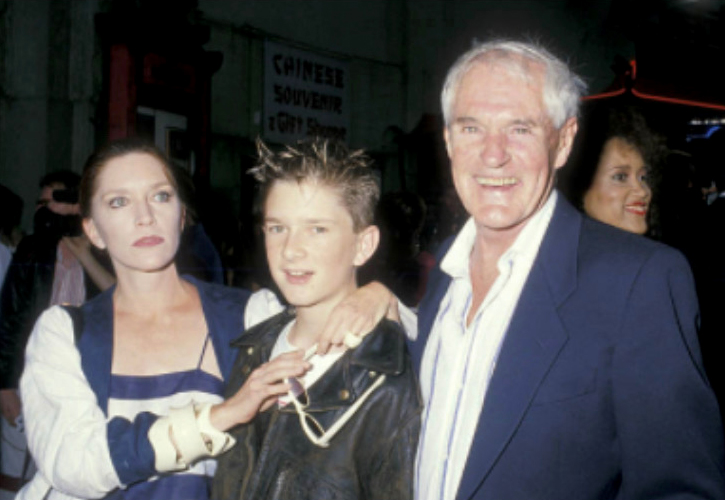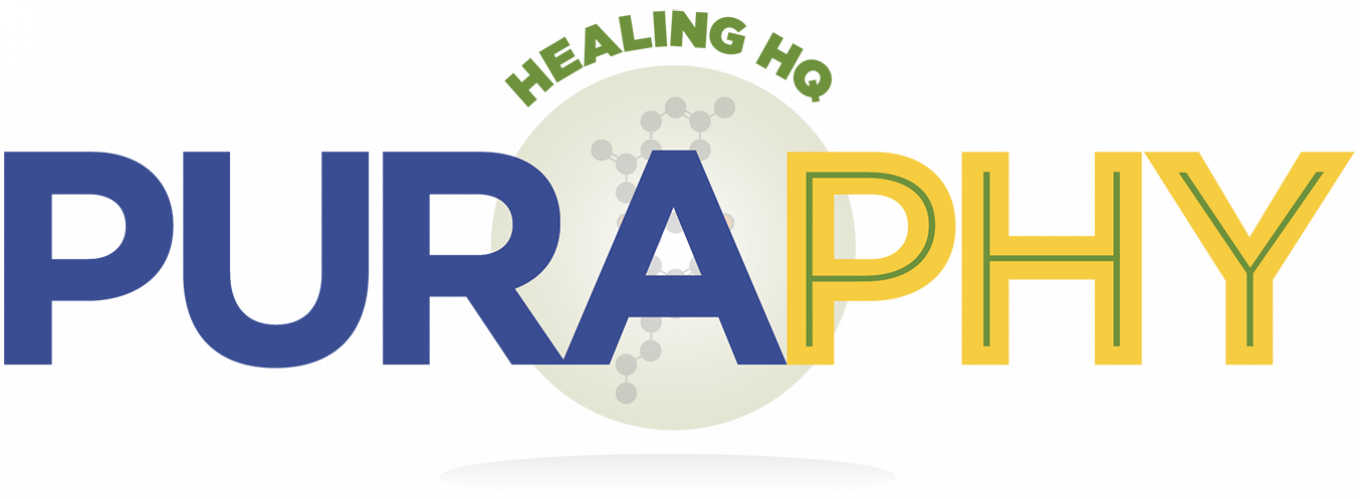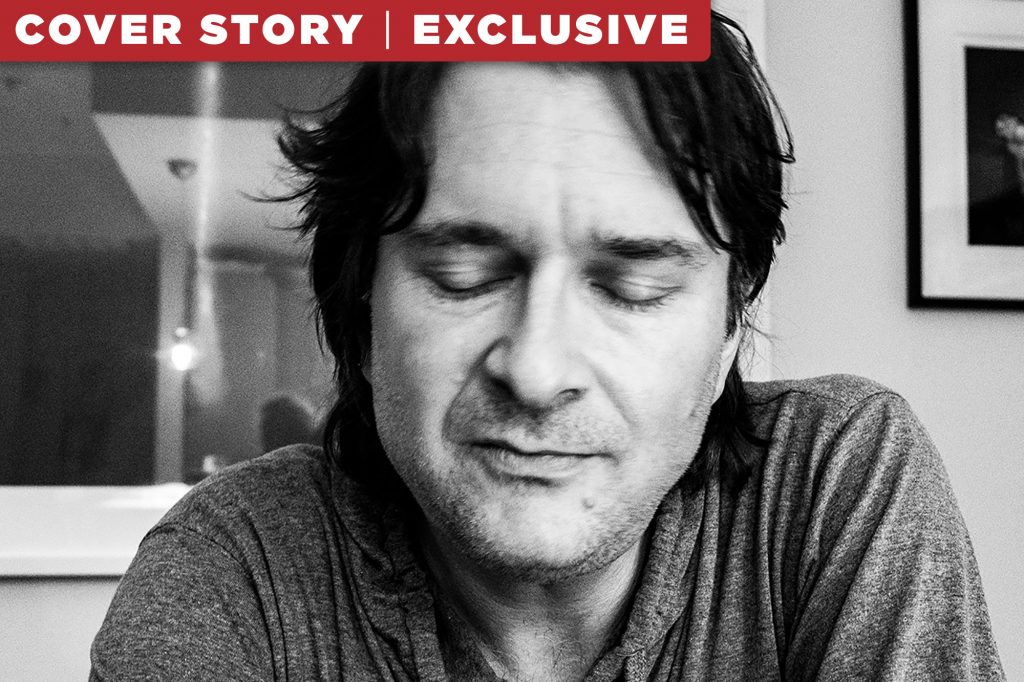On one of several occasions I found myself with superstar Mexican-born singer Alejandro Fernández—this time we’re in his palatial beach-front house in Punta Mita, Mexico to shoot him for a cover story for People en Español, the largest Hispanic magazine in the US I was Editor in Chief of a decade-and-a-half ago—I once again ask him the question I’ve been asking him since the day I met him years earlier: “Why?” And his response continued to be the same: “How could I not?”
BY RICHARD PÉREZ-FERIA
Photo by Michael Donovan
You see, Alejandro Fernández, nicknamed “El Potrillo” (the little colt), is the son of Vincente Fernández who happens to be nothing less than the Frank Sinatra of Mexico, the unrivaled “King of Ranchera Music.” And as talented and as huge a star as Alejandro has become—his beautiful voice is only rivaled in its richness and romanticism by another Mexican superstar, Luis Miguel—he’s still, in the eyes of the public, Vincente’s vocally-gifted son. So, my question is always: “Why would you enter the same arena your father has so completely dominated?” And his response is, essentially, “It’s all I know how to do.” There’s no doubt about it: He is his father’s son.
The same was true when I interviewed baseball rookie Ken Griffey, Jr. as he, too, was following in the large footsteps of his father, baseball legend Ken Griffey. Junior, as the son would soon be known around the globe, was as nonplussed as a youngster could be. “It’s cool,” he said, of having to live up to his father’s intimidatingly high baseball standards.
A little later, I met Desi Arnaz, Jr., son of the Cuban actor and Hollywood mogul Desi Arnaz who for so many years famously loved Arnaz, Jr.’s mom, Lucille Ball (Lucy) as her television husband, Ricky Ricardo, as well as in real life. Arnaz, Jr. was giving acting a go when we chatted and he, too, was seemingly unbothered by his parents’ massive success as thespians. I have to wonder still: Why? Why do these offspring of the famous enter into professions that will only yield them a lifetime of comparisons to their equally or more famous parents?
So, it’s no wonder then, why as I approached Zach Leary about participating in this cover story for PuraPhy, I promised myself that I wasn’t going to ask him that now played out question of “Why?” For those of you who may not yet know the talented and ambitious man Zach Leary is in the world of psychedelics, he happens to be the son of one Timothy Leary, the Zeus of psychedelics, and the single greatest force ever in that still elusive field. So, of course, Timothy’s clever, engaging adopted son he shared with his wife, Barbara Chase, also chose psychedelics for his life’s work. But, unlike the other aforementioned kids of the famous, Zach’s journey following in his father’s footsteps wasn’t a foregone conclusion by any stretch. In fact, Zach says he resisted the pull of his dad’s lifework for as long as he possibly could.

So, who’s Zach Leary exactly? Well, for starters he’s a podcaster, writer, cognitive dissident, yogi and psychedelic advocate. As he puts it, as he was growing up in Beverly Hills in the 1980s, Zach came to realize that the man who often took him to school in the morning and “tossed the ball” in the backyard with him, wasn’t only one of the instigators of the counterculture movement of the 1960s, but also “had a front row seat for some of the most important cultural movements of the late 20th century.” This led Zach to create a path for himself that’s been rich with many different incarnations ranging from digital marketing ace for Apple to futurist to psychedelic integration specialist and advocate. But, for all of the machinations and detours, Zach Leary’s winding, accomplished road led him squarely back to his dad’s passion: psychedelics.
Leary is currently the host of both the It’s All Happening With Zach Leary podcast as well as The MAPS Podcast and he’s firmly established himself as one of the most thought-provoking talents in the cultural philosophy genre of podcasting. He’s also become an authentic and wise voice within the psychedelic community that’s unique unto himself. But, hey, don’t take my word for it. Let’s ask him together.
Hi, Zach. There are so many ways we can begin our discussion, so I guess I’ll start with something I’ve been curious about for a while: Was tripping the norm growing up at Chez Leary or were you guys a standard, law abiding, suburban Southern California family in America not unlike, say, The Brady Bunch?
No, tripping wasn’t the norm at all within our household or scene. My father never encouraged indiscriminate drug use for kids or adults alike. He encouraged safe and cautious “set and setting” and was often vocal about psychedelics being best used on the fully developed mind; that is, a mind of an adult. However, thanks to the Grateful Dead, my time as a “psychonaut” came earlier than he would have liked and by the time I was 16, I was using LSD regularly. My father had to face the reality of that situation and instead of shunning me and telling me not to do it, he wisely sat me down and gave me the lay of the landscape.
Let’s talk about your dad, shall we? What’s the most poignant memory you have of you and him?
My first memory is that of him being a father, of a caring and loving man who took me in and gave me an opportunity to experience the world for what it was. Even though he was a somewhat older parent, he played baseball with me, took me to school and made sure I was keeping up with my grades But, my earliest moments of becoming aware of the Timothy Leary legend/myth came much later and was at first quite confusing. It’s very difficult for a child to realize the full scope of what a philosopher does for a living. It’s amorphous and it’s vague, so it’s not like other kids’ parents who go to the office and clock in every day. So, my most poignant memory is probably his death. That day was a realization that everything he accomplished was approaching its zenith and could be seen, fully, for what it was: A triumphant and hugely important life.
Growing up, did your classmates know who your dad was? Did they care or think it was cool? Did your friends’ parents become concerned that you and your dad might influence or encourage drug use to their kids?
Again, drug use was not a huge part of the Leary legacy; that was just a small part of his overall legend—his greatest hit, his “Stairway to Heaven,” so to speak. So, no, my friends’ parents weren’t so much worried about that as much as they were worried about my dad’s larger than life outlaw nature. Sure, later on in high school, other kids were becoming aware of who my dad actually was, and it was mostly great! They all wanted to hang out at our house because they wanted to orbit that sun. They were eager to find a safe space with a classmate where they could explore their own authenticity and personalities.
“After some years passed after my father’s death and my own personal journey shifted, I found myself able to speak within the psychedelic community in my own voice, in my own time.”
Timothy Leary is to psychedelics what Albert Einstein is to physics or Babe Ruth is to baseball: Dude, you couldn’t find a different gig to get into? [Laughs] That’s a lot of pressure to live up to there, Zach.
Ha! [Laughs] Yeah, I totally get that. That’s why I spent such a long time staying away from that world. I spent a decade-and-a-half as a digital marketing, advertising executive and strategy guy. I needed to find my own identity and became quite successful at doing that. But, after some years passed after my father’s death and my own personal journey shifted, I found myself able to speak within the psychedelic community in my own voice, in my own time. I’m very grateful for that—it just took some time for me to get there.
How did you actually start in psychedelics as a career path?
I didn’t! It chose me! Ha! [Laughs] It’s still not a full-time gig. You see, Richard, I just come in and out as I’m called. Where there’s a need I’m there to fill it and hopefully provide some insight. The day I call myself a full-time psychedelic career man is when I know something needs to change. I’m a spiritualist, a conversation starter and cognitive dissident. That comes in many forms and right now, the psychedelic movement is booming so I can take from that and feel good about it.
The modern psychedelics movement is teeing off once again for an explosive comeback, this time centered more around therapeutics. Tell me about that.
It definitely is and I’m happy about that. The recent elections in the US has even shown us that the country’s view on psychedelics is rapidly changing toward full acceptance. The lean towards therapeutics isn’t laid in stone, it’s laying the necessary groundwork to eventual cognitive liberty and recreational use. The safe methods and high efficacy found within psychedelic therapy is now fact, not hippie, New Age fluff. We know psychedelics has a place in the medical world and the more people see it as a viable treatment method, the faster we can erase the stigma around psychedelic misinformation and those tired, cultural clichés.
“Someone told me recently that because of COVID more people are tripping [with psychedelics] than ever. They’re taking this opportunity to go inward, to explore their own souls.”
Given what we’ve all gone — and continue to go —through with COVID-19, the racial justice movement, seismic effects of climate change, the severely divided political environment in our country, how have you felt all of these important issues impacted psychedelics?
That’s a real good question, Richard. Someone told me recently that because of COVID more people are tripping [with psychedelics] than ever. They’re taking this opportunity to go inward, to explore their own souls. Being forced to stay indoors has funny ripple effects and it’s pretty cool to see.
Another effect that psychedelics has is the ability to show us the reality of difficult situations such as racial injustice and the like. Psychedelics can only improve our living conditions and create an atmosphere for healing. Climate change, racism—all of it—coming face-to-face with that heavy stuff on psychedelics can only show what a farce those issues are, and that love, compassion and mutual respect are the essential ingredients for life and living.
Tell me one crazy anecdote where you’ve been tripping with celebrities…
Hmmm…. OK, how about tripping with my dad at a Pink Floyd show in 1994? We were watching the show in Pink Floyd’s VIP bubble which was in the middle of the stadium and during the show I looked over to my left and saw George Harrison and Eric Clapton sitting across from us. Talk about full-capacity, mind-blowing reality shifting epiphanies! Yeah, that was one. [Laughs]
In your career trajectory, do you see your own approach to psychedelic media as a 360-degree exercise, meaning, print, digital, podcast, film, and so on?
It’s a 360 exercise for sure. Our lives have already been changed by psychedelic music whether you know it or not—The Beatles, Jimi Hendrix, The Grateful Dead, Pink Floyd—so it’s about time the rest of the media world caught up. That’s happening because more and more people are feeling safe to come out of the psychedelic closet; they’re now finally opening up about their own experiences.
What actor should portray your dad in a film about his life?
Though there still isn’t a legitimate feature film in the works right now, when it does happen though, I’d like to see Joaquin Phoenix taking a stab at the role.
Finish this sentence… In ten years, Zach Leary is…
Zach Leary is content, closer to God, healthy, building a lasting partnership with his girlfriend and having some assemblance of a family to feel joy with.

